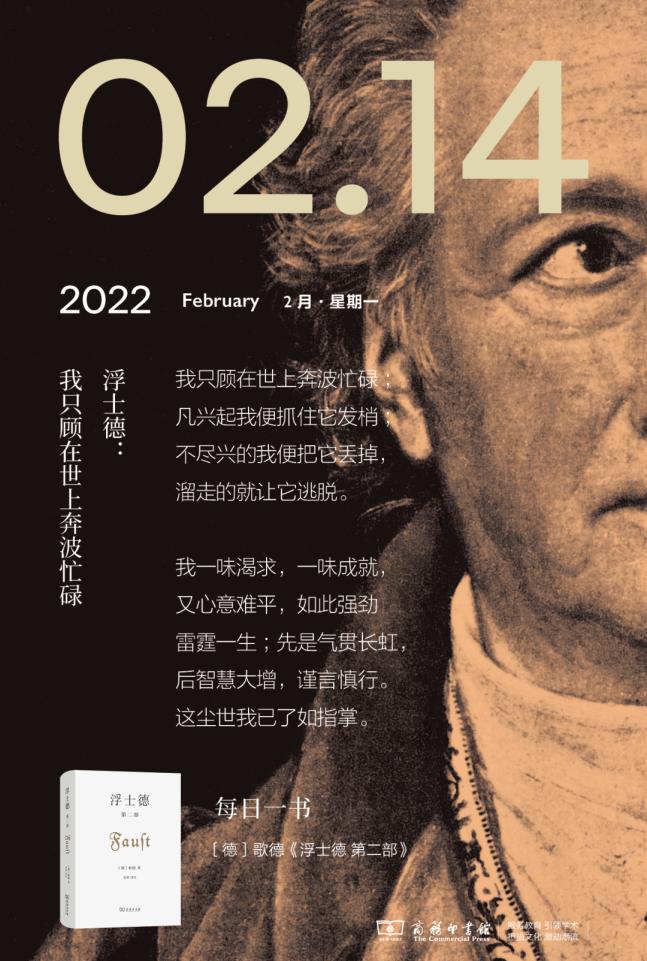
Read the play
Faust is a stage play, a reading play, but it is also a reading play. This does not mean that Faust should be accepted as a reading play, but that it also has the special quality of reading drama, or that only through this form of communication and acceptance can its deep meaning be perceived.
Reading culture
Long before its premiere or even publication, Faust's play was widely circulated: through Goethe's own public reading of the manuscript. The spread of scripts is now rare. For decades, however, it was the only way Faust was disseminated. (Even after the work was published and put on stage, Goethe maintained this approach.) )
In a dedication written circa 1797, Goethe wrote:
They will no longer hear the songs I will make,
Although the opening verse was sung to these souls;
The friends who gathered together have long been four or three floating zero,
Alas, the original response and harmony are gone!
My song is going to be confronted by an unfamiliar audience...
Faust Part II
[De] by Goethe
Gu Yu Translation Notes
One day, if all literature disappeared from the world, people might be able to reconstruct it with this play.
—Goethe to Schiller, January 28, 1804
Reading "Faust", Gai Ru read "Dream of the Red Chamber" ,...... It is to enter that world and appreciate the beauty of the poetry in the details, the subtlety of the layout, the meaning of life, the ignorance or wisdom of human beings in handling public affairs. The play "Faust" plays the paradox of human ambition and limitation.
The second part of Faust was written between 1825 and 1831. The second is a composition by Goethe between the ages of 76 and 82, condensing his lifelong practice and thinking. The second part staged the "big world", that is, the public sphere of affairs, involving a wide range of forms of government, economic and financial, academic academics, historical changes, military operations, sea and land reclamation, overseas plunder, etc., all put on the stage, including the Goethe era and even the entire modern history, Germany and Europe important events.
Moreover, the scene of human society is reflected by analogies with the natural sciences at that time, such as the revolution according to the principles of fire, earthquakes, and geological geomorphology; the use of alchemy and ancient methods to mix inorganic chemistry to create artificial man; and the classification of clouds in meteorology, reflecting the layers of soaring to the celestial realm. The flourishing humanities discourse, scientific and technological means, and archaeological discoveries of ancient Greece in the Goethe era are also contained in them.